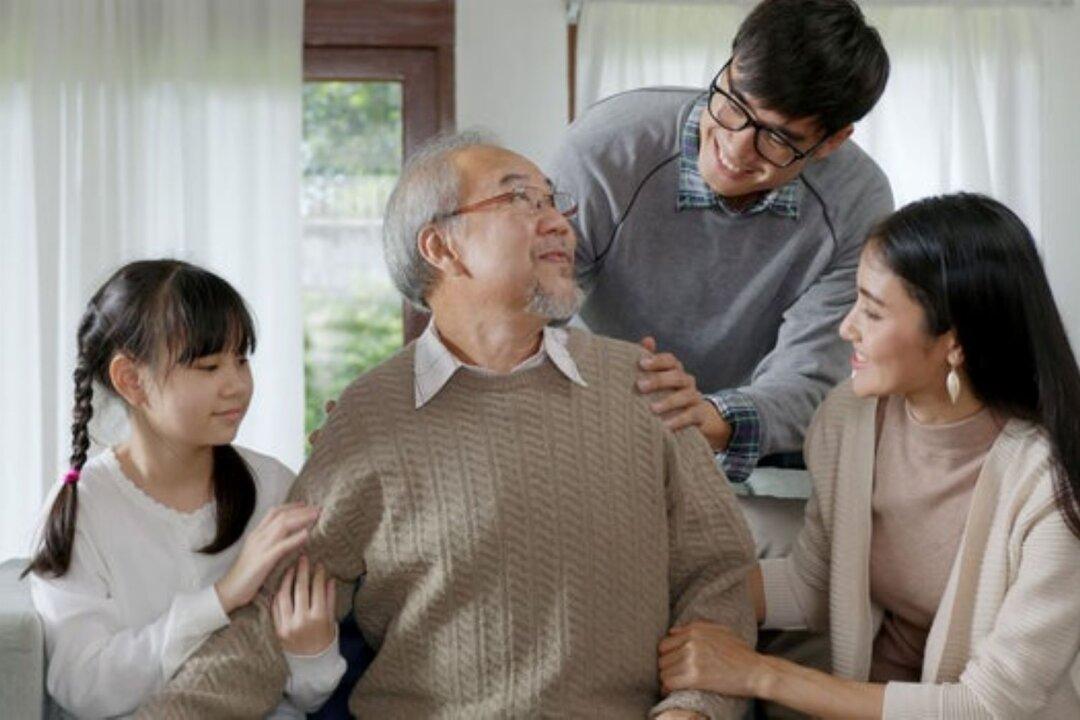 By Kim Kavin
By Kim Kavin
Jay Hosty is on his seventh truck after 39 years and 3.3 million miles of hauling everything from toilet paper to caskets along America’s roadways. He owns his own rig. He chooses the routes he runs and the goods he hauls. He makes sure he’s rarely away from home for more than one weekend at a time, allowing him not only to support, but also to play a meaningful role in the lives of the six children he and his wife have adopted into their home in Diamondhead, Mississippi.“I’m hoping to go another 20 years with good health,” Hosty says. “I’ll be 59 in July, and I really love what I do. I hope to be driving until I’m 80 years old.”





